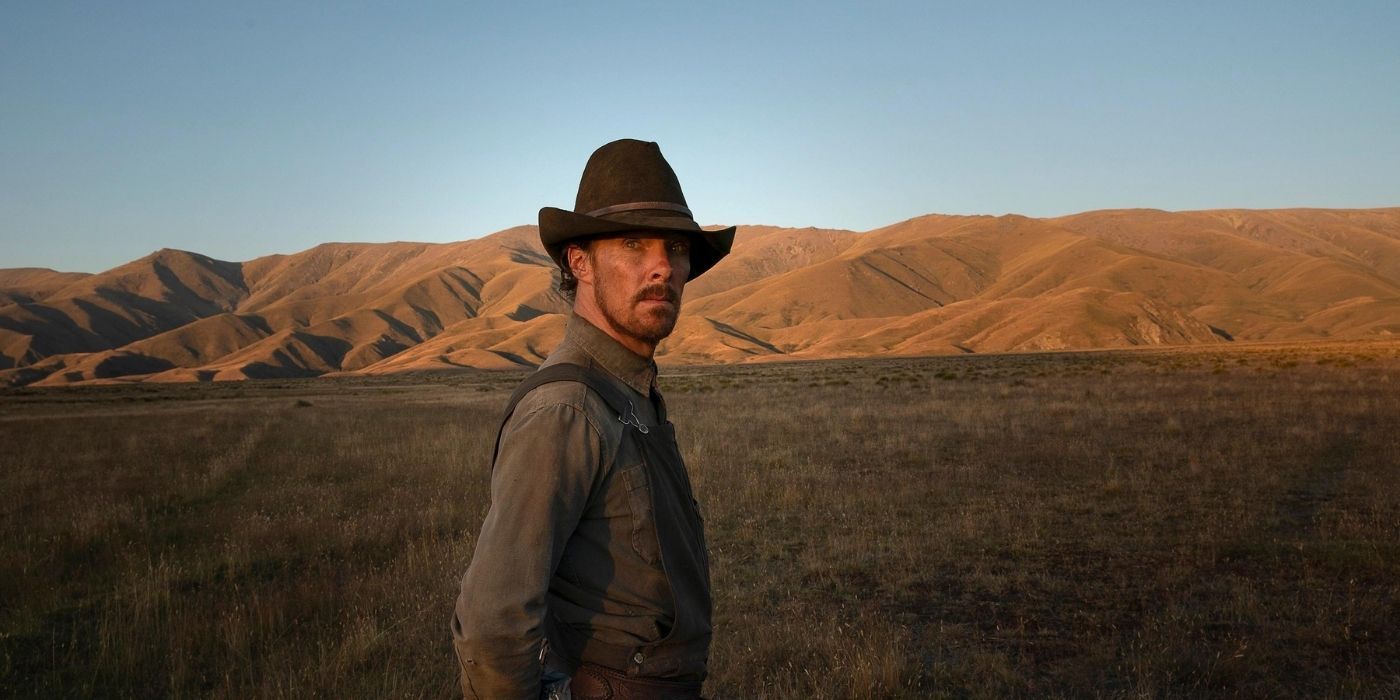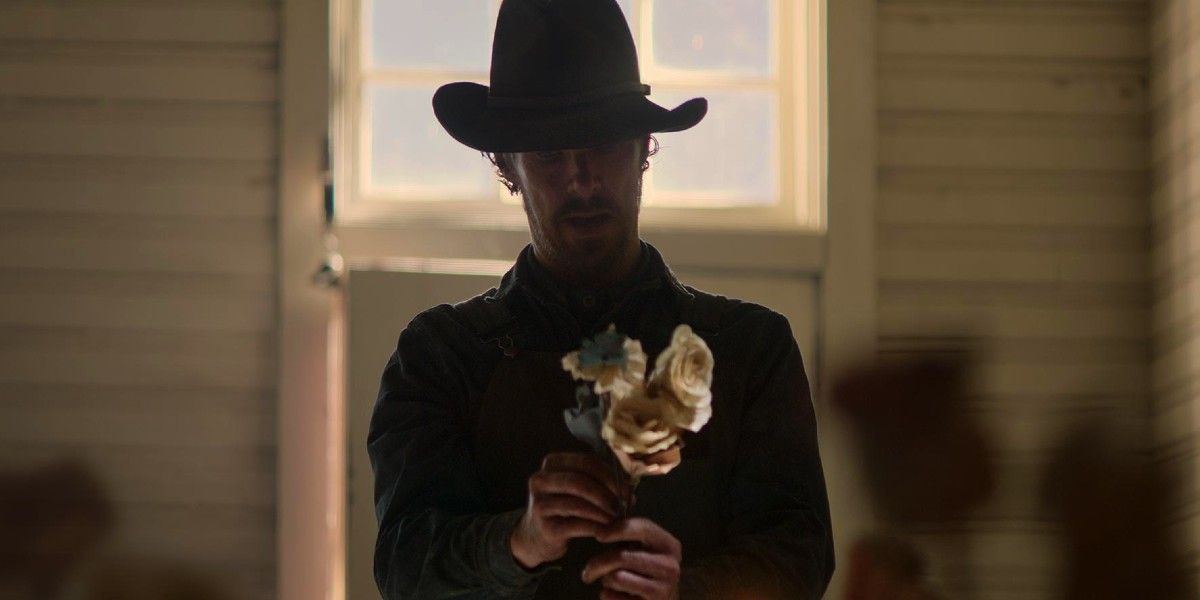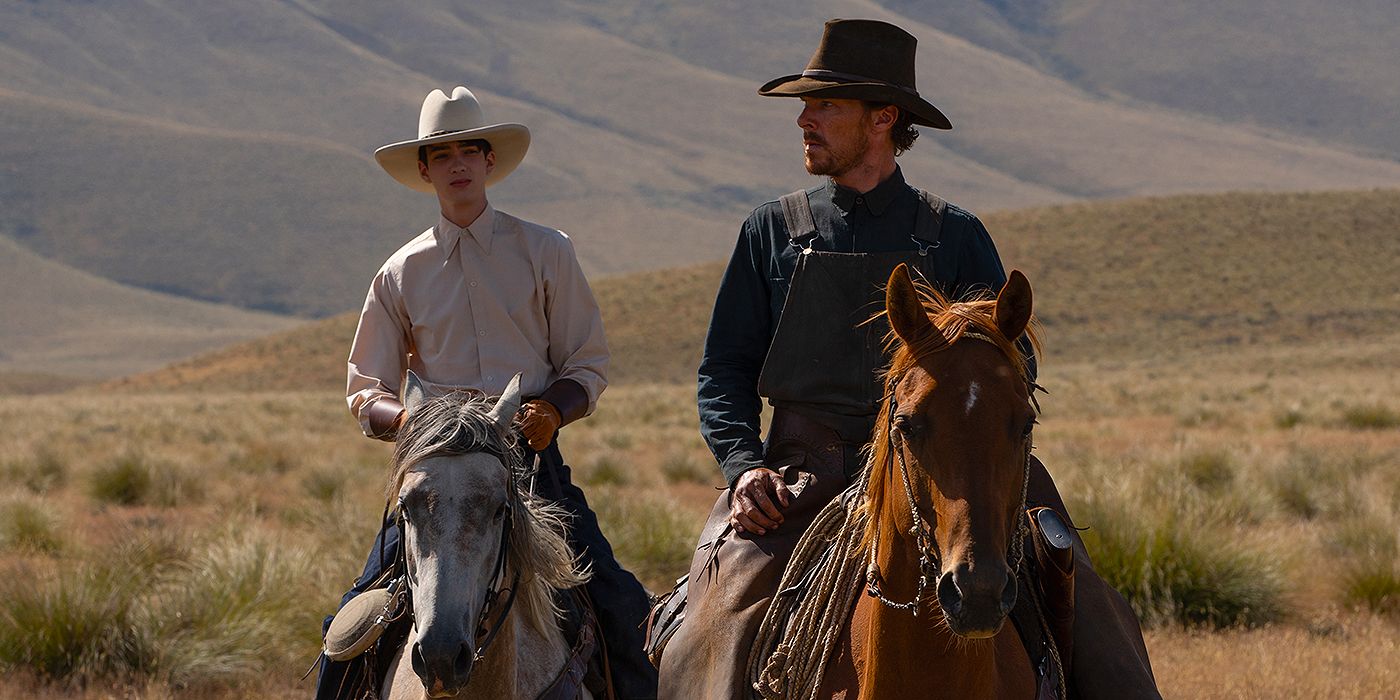
The Power of the Dog is an interesting contemplation of masculinity by director Jane Campion. It is a thorough study in character of an entire ensemble cast -- particularly Benedict Cumberbatch’s Phil Burbank, whose tough cowboy pride eventually causes his downfall.
The Power of the Dog tells the story of the Burbank brothers, Phil and George (Jesse Plemons), wealthy owners of a ranch in Montana in 1925. Phil is a controlling man, constantly diminishing his brother, who in turn defies Phil by marrying a widow, Rose (Kirsten Dunst), and bringing her to live at the ranch. Her presence only enhances Phil’s hostility, driving her to frustration by constantly whistling music she can no longer play at the piano. Rose starts drowning her sorrows in drinking while attempting to hide it from everyone.

Phil exhibits his toxic masculinity as a badge of honor, which is, in fact, his prison. It is a masquerade of what masculinity is supposed to be, the legacy of a ghost from his past, Bronco Henry, who taught him everything he knows. But Bronco was much more than a mentor; he was Phil’s true love. But the world he grew up in reserves no space for that secret, and the exhaustion of the aggressive masculine identity slowly starts to tear his soul apart, especially when Peter (Kodi Smit-McPhee), Rose’s son, comes home for school break.
The deconstruction of Phil’s tough masculinity begins there, as does his demise. Phil feels threatened by Peter’s slim and effeminate figure until he watches him wearing a giant-brimmed cowboy hat while parading in front of Phil’s cowhands. It is a scene of bravery as much as of blunt provocation. Phil understands who the boy is, and he’s impressed.
There is hope for change in Phil, but his disdain toward Rose remains. To her despair, the bond between Peter and Phil strengthens. But Peter is not a simpleton. The biggest foreshadowing is actually The Power of the Dog’s opening narration by Peter: "When my father passed I wanted nothing more than my mother’s happiness, for what kind of a man would I be if I did not help my mother? If I did not save her?"

Peter has a surgical personality, reflected in how he intends to be an actual surgeon. He catches and kills animals for study, and he observes how Phil and his cowhands handle the ranch. Phil’s macho personality is reflected also in his actions: he barely bathes, he dresses in the same clothes every day and he handles the animals, including raw bull castrations, without gloves. He believes he doesn't need gloves because he never handles diseased animals, as some of them die of anthrax. But Phil dies towards the end of The Power of the Dog, and the doctor suspects anthrax to be the cause. So how does that happen exactly?
Earlier, Phil promises to make a rope for Peter with the hides in the ranch. During a small getaway trip, Phil is moving posts with Peter while trying to catch a rabbit when he gets a massive gash in his hand, which he immediately dismisses. Upon returning, Phil discovers that Rose gave all his remaining hides away and is furious. Sensing his mother is in danger, Peter gives Phil some rawhide he himself had removed (with gloves) from a dead cow in the mountains. This way, Phil can finish making the rope. While washing the rawhide with his wounded bare hand, Phil becomes infected.
Thus, Phil's masculine pride, perceived by Peter and his strategy, causes his downfall. The meaning of the film’s title comes from the passage in Psalm 22:20: "Deliver my soul from the sword; my darling from the power of the dog." For Campion, it’s the perfect metaphor for the toxically masculine atmosphere in the film: "in a way, sexuality is like human suffering. As the title stands, it’s a kind of warning. The power of the dog is all those deep uncontrollable urges that come and destroy us, you know?"
To see Phil's machismo come back to bite him, The Power of the Dog is available to stream on Netflix.
Source: Trendz OH
No comments:
Post a Comment